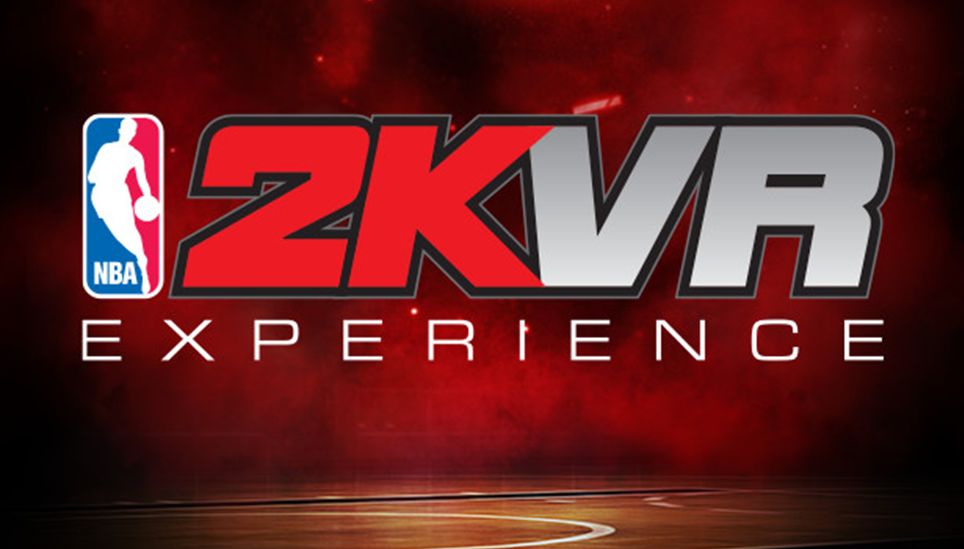How Virtual Reality Is Changing the Way We Play Games is not just a statement; it’s a game-changer. The evolution of gaming has taken a significant leap forward with the advent of virtual reality (VR). This immersive technology transports players into worlds previously limited to imagination, allowing for unparalleled experiences that engage the senses and emotions in ways that traditional gaming simply cannot. As we delve into this topic, we’ll explore the various facets of how VR reshapes gaming, from gameplay mechanics to social interactions, creating a new landscape for gamers everywhere.
With advancements in VR technology, gamers are no longer just passive participants; they actively engage in rich virtual environments where they can interact with their surroundings and other players. This innovation not only enhances the thrill of gaming but also fosters a sense of community and collaboration that was once difficult to achieve in conventional gaming formats.
Learning a new language can be one of the most rewarding experiences of your life. It opens doors to new cultures, enhances your career prospects, and allows you to connect with people from all around the world. So, whether you’re planning a trip abroad, looking to boost your resume, or simply wanting to challenge yourself, let’s dive into this exciting journey!

The Benefits of Learning a New Language
Before we get into the nitty-gritty of how to learn a new language, let’s take a moment to appreciate why you should even consider it in the first place. Here are just a few reasons:
- Cultural Understanding: Understanding a language goes hand-in-hand with understanding its culture. You’ll gain insights into traditions, customs, and ways of life that you might never experience otherwise.
- Enhanced Cognitive Skills: Studies have shown that learning a new language can improve your memory and cognitive skills. It makes your brain work harder, keeping it sharp and engaged.
- Career Opportunities: In an increasingly globalized world, employers highly value candidates who can communicate in multiple languages. This skill can set you apart in the job market.
- Social Connections: Speaking another language allows you to make new friends and build connections with people you might not have been able to communicate with otherwise.
Choosing the Right Language for You
Now that you’re excited about the benefits, the next step is to choose which language to learn. Here are some factors to consider:

- Interest: Is there a particular culture or country that fascinates you? If you’re interested in a language, you’re more likely to stay motivated.
- Utility: Consider how you plan to use the language. Will it be for travel, work, or personal growth? Some languages are more widely spoken than others, which might influence your decision.
- Difficulty Level: Some languages are easier for English speakers to learn than others. For instance, Spanish and French often come easier compared to Mandarin or Arabic.
Effective Strategies for Language Learning
Once you’ve selected a language, the next step is figuring out how to learn it effectively. Here are some strategies that can help:
1. Set Clear Goals
Start with small, achievable goals. Instead of saying, “I want to be fluent,” aim for “I want to learn 50 new words this month.” This way, you’ll have clear milestones to celebrate along the way.
2. Immerse Yourself, How Virtual Reality Is Changing the Way We Play Games
The best way to pick up a language is to surround yourself with it. This can mean listening to music, watching films, or even changing your phone’s language settings. The more you expose yourself, the better!
3. Use Language Learning Apps
There are numerous apps available that can make learning a new language fun and interactive. Popular options include Duolingo, Babbel, and Rosetta Stone. These platforms often use engaging methods like games, quizzes, and spaced repetition to help you retain what you learn.
4. Practice Speaking
Don’t be shy! Find language partners or join language exchange groups. Practicing speaking with others, even if you make mistakes, is crucial for your learning. Websites like Tandem or HelloTalk can connect you with native speakers.
5. Keep a Journal
Writing in the language you’re learning can significantly boost your skills. Keep a journal where you jot down your thoughts, new vocabulary, or even daily activities in the new language. This practice reinforces what you learn and improves your writing skills.
Staying Motivated Throughout Your Journey
Learning a language can be a long process, and it’s natural to hit roadblocks along the way. Here are some tips to help you stay motivated:
- Reward Yourself: Set up a reward system for achieving your milestones. Treat yourself to your favorite snack, a new book, or a relaxing day out when you reach a goal.
- Connect with Others: Join forums or social media groups where people share their language learning experiences. This creates a sense of community and can provide you with support during tough times.
- Be Patient: Remember, language learning is a marathon, not a sprint. Progress may seem slow at times, but every little bit counts. Celebrate small victories!
Conclusion
Embarking on the journey of learning a new language can be enriching and fulfilling. With the right mindset, strategies, and resources, you can make this adventure enjoyable and rewarding. So, what are you waiting for? Dive into the world of language learning today, and you’ll be amazed at how far you can go!
Essential FAQs: How Virtual Reality Is Changing The Way We Play Games
What types of games are available in VR?
VR offers a wide range of game types, including action, adventure, simulation, puzzle, and sports games, catering to diverse gaming preferences.
Do I need special equipment to play VR games?
Yes, playing VR games typically requires a VR headset, motion controllers, and sometimes additional sensors for full immersion.
Is virtual reality gaming suitable for everyone?
While many people enjoy VR gaming, it may not be suitable for those who experience motion sickness or have certain medical conditions; it’s always best to check with a professional.
How does VR enhance social interactions in gaming?
VR allows players to meet and interact in virtual spaces, making social gaming more interactive and engaging compared to traditional online gaming.
What are the future trends for VR in gaming?
Future trends in VR gaming include improved graphics, more accessible technology, and enhanced social features, making VR experiences richer and more inclusive.



